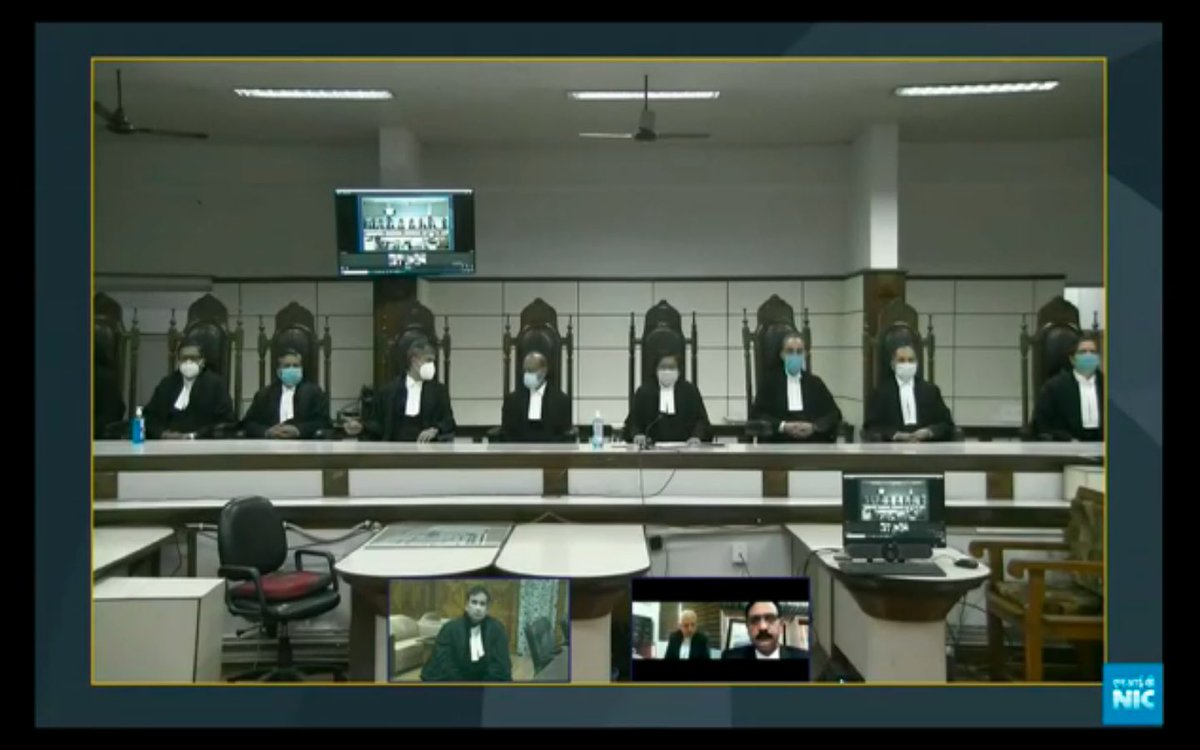LONG THREAD ALERT!
Please read slowing.
Slooowly.
Sometime in August 2015, Atlantic Energy, through its lawyer, T. Fagbohunlu SAN, took the NNPC to arbitration for alleged breach of contract.
On March 5, 2019, the Arbitral Tribunal in agreeing with Ajogwu’s arguments, delivered a landmark Arbitral Award of $1.7bn in the NPDC’s favour.
NPDC, at the same time, sought for an Order of Court to recognise and enforce the arbitral award.
In upholding Ajogwu’s submissions,
Accordingly, the Court dismissed the Award Debtors’ application to set aside the Arbitral Award.
More from Law
I’ve been reading lots recently about the interaction between First Amendment law and free speech principles with respect to online services in light of the events of the last few weeks.
And I have thoughts (MY OWN). So, I’m sorry ... a thread 1/25
One of the main reasons I think users are best served by a recognition that social media services have 1st Amendment rights to curate the content on their sites is because many users want filtered content, either by topic, or by behavior, or other. 2/
So online services should have the right to do this filtering, and to give their users the tools to do so too. For more detail see our Prager U amicus brief https://t.co/73PswB9Q7Q 3/
So, I disagree with my friends (and others) who say that every online service should apply First Amendment rules, even though they cannot be required to do so. There are both practical and policy reasons why I don’t like this. 4/
Most obviously, the 1st Amendment reflects only one national legal system when this is inherently an international issue. So it’s politically messy, even if you think a 1st Amendment-based policy will be most speech-protective (though probably only non-sexual speakers). 5/
And I have thoughts (MY OWN). So, I’m sorry ... a thread 1/25
One of the main reasons I think users are best served by a recognition that social media services have 1st Amendment rights to curate the content on their sites is because many users want filtered content, either by topic, or by behavior, or other. 2/
So online services should have the right to do this filtering, and to give their users the tools to do so too. For more detail see our Prager U amicus brief https://t.co/73PswB9Q7Q 3/
So, I disagree with my friends (and others) who say that every online service should apply First Amendment rules, even though they cannot be required to do so. There are both practical and policy reasons why I don’t like this. 4/
Most obviously, the 1st Amendment reflects only one national legal system when this is inherently an international issue. So it’s politically messy, even if you think a 1st Amendment-based policy will be most speech-protective (though probably only non-sexual speakers). 5/



























